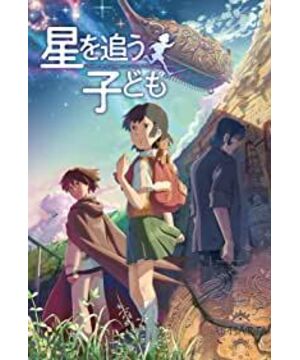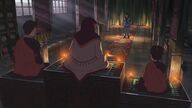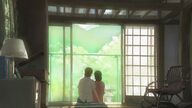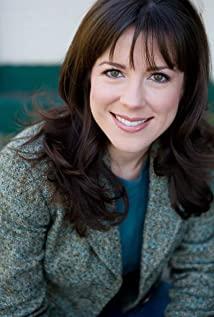I watched this movie after watching a few Miyazaki movies.
After watching it, I felt really amazing.
Especially after hearing the heroine's sentence "So I'm too lonely", all my fantasies were lost. I originally thought that the heroine wanted to resurrect Shun because she fell in love with him, or it was because of the heroine's humanitarianism. Wow, it turned out to be because she was too lonely and wanted to find someone to accompany her.
After my careful aftertaste, I found that this shocking reason is actually well-founded.
The heroine's father died very early, and the heroine's mother was often not at home, so the heroine felt very lonely. At this time, Shun appeared in a beautiful image, broke into the heart of the heroine, and awakened her girlish heart. A soulful confession, a romantic kiss, no one can stop it, and the heroine is no exception. I don't understand here, what is the relationship between that moment and the heroine, and what is the connection between the two of them, I really don't understand.
Once you have a reason, the journey can begin.
The more I look at each of my fantasies, the more shattered it becomes.
Really, the story is a very simple truth, I thought it was too complicated.
After getting along for a while, the heroine told her teacher that he was very similar to her father. I originally thought that the heroine would be the teacher's child, but the relationship between the two of them turned out to be extremely simple. After I compared the appearance of the hostess' mother and the teacher's wife 80%, I speculated whether the hostess' mother could be the teacher's wife, but I was wrong again. Later, a little girl who couldn't speak appeared. According to her being a mixed blood of a landlady and an Yagotai, I was sure that he would be the child of the teacher. But nothing is mentioned at the end. Including Shun's younger brother Xin, where did he go after he was expelled, and what did he go for, he didn't say anything at the end. Although the appropriate blank space can be imagined by the audience, too much blank space has become a mystery. I think the worst part of the movie is here, given so many hints and connections, in the end, no one can push it. Who.
At the end, when the heroine's life is greatly threatened, the theme of the movie finally truly emerges. The heroine didn't come here to resurrect Shun at all. In fact, she didn't necessarily have much affection for Shun, at most she was a "playmate" with an ambiguous relationship. It can be said that the heroine's arrival is like the kind of activity of remembering bitterness and sweetness. Come and suffer and feel how good it is to live. This kind of foreshadowing is actually okay, but it seems a bit boring when straightening out the film's ideas. In the end, I don't understand how the heroine's loneliness is resolved.
At first I was stunned when I watched the movie, but after listening to the ending song, I had an idea. This is to tell us to live well, to pursue happiness in this world, and not to dream of resurrecting the dead. The real Yagotai does not exist, so all dreams are unrealizable. The place of Yagotai is a kind of nihilistic existence, an abstract ideal place, destined to be unreachable by anyone.
At the end of the movie, the teacher failed to revive the beloved after paying a huge price, so the movie is telling us how meaningless it is to revive the things that have passed, and only living is the only reality.
View more about Children Who Chase Lost Voices reviews











